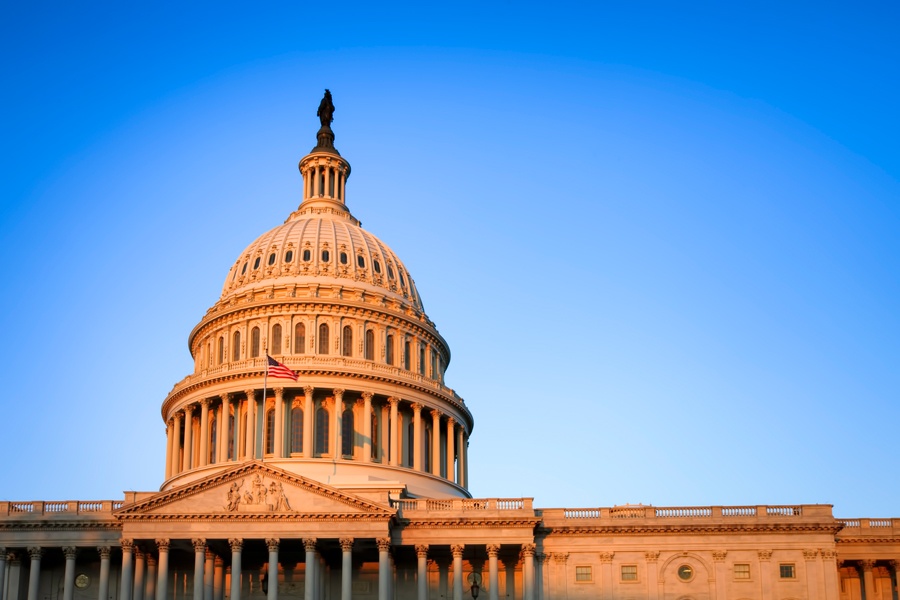

Trade associations representing brokerages and investment funds spent more lobbying lawmakers last year than groups representing investment advisers.
Data compiled by the Center for Responsive Politics and filings with the House Clerk’s Office show the usual heavy investment by industry groups in trying to influence legislation.
For instance, the Securities Industry and Financial Markets Association spent $6.6 million on lobbying in 2019, while the Investment Company Institute spent $4.9 million. Both figures were about the same as the amount each group spent in 2018. The Financial Services Institute spent $480,000 in 2019, hitting the same spending level as in 2018.
The insurance industry also weighed in heavily on Capitol Hill. The American Council of Life Insurers spent $4 million on lobbying last year, compared to $3.6 million in 2018. The National Association of Insurance and Financial Advisors spent $2.4 million in both 2019 and 2018. The Insured Retirement Institute spent $440,000 in 2019, up from $290,000 in 2018.
Investment adviser groups were much more modest in their lobbying outlays.
The Investment Adviser Association spent $220,000 in 2019, the same as in 2018. The Financial Planning Association spent between $40,000 and $50,000 in 2019, roughly the same as it did in 2018.
The FPA hired a government relations firm, The Raben Group, to help it lobby lawmakers. For some quarters, the Raben Group filing showed that it spent less than $5,000 on FPA as a client but didn’t specify an amount.
The Financial Industry Regulatory Authority Inc., the brokerage industry self-regulator, also lobbies Congress. It spent $400,000 in 2019 and $440,000 in 2018. Finra does not contribute to lawmakers' political campaigns.
When trade associations file their lobbying reports, they indicate the legislation — or issues areas — that they target.
In 2019, the SECURE Act topped the list for most groups. Congress approved the legislation, which made significant changes to retirement savings policy, in December after the financial industry had been struggling for years to get it over the finish line.
Another bill that appeared frequently on lobbying disclosure forms of industry groups was one that would impose a 0.1% excise tax on financial transactions.
Proponents say the tax would most impact high-frequency trading and would be a relatively painless way to fund important government programs. Critics of the measure say it would set back ordinary investors, who would pay the levy when purchasing stocks, bonds and other products.
“A financial transaction tax harms Main Street America, who uses financial markets to achieve their dreams, including a secure and dignified retirement,” David Bellaire, FSI executive vice president and general counsel, said in a recent interview.

Carson has fully acquired another firm in Florida, while Simon Quick Advisors finds its third perfect-fit partner in a Las Vegas-based boutique.

FINRA has been focused on firms and their use of social media for several years.

The model has surged in popularity thanks to its fiduciary appeal, but the show is far from over for no-fee and commission-based arrangements.

Asset managers filing to launch dual share-class mutual funds, creating an ETF sleeve for existing strategies, could end up eroding key benefits of the wrapper.

The two wealth tech firms are continuing to expand their reach among firms as they support advisor productivity and client data protection.
How intelliflo aims to solve advisors' top tech headaches—without sacrificing the personal touch clients crave
From direct lending to asset-based finance to commercial real estate debt.
